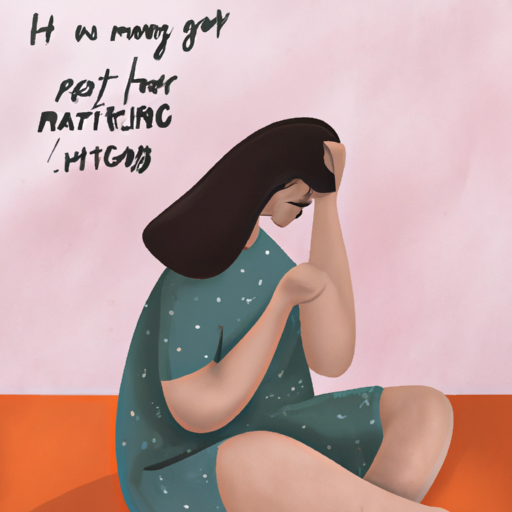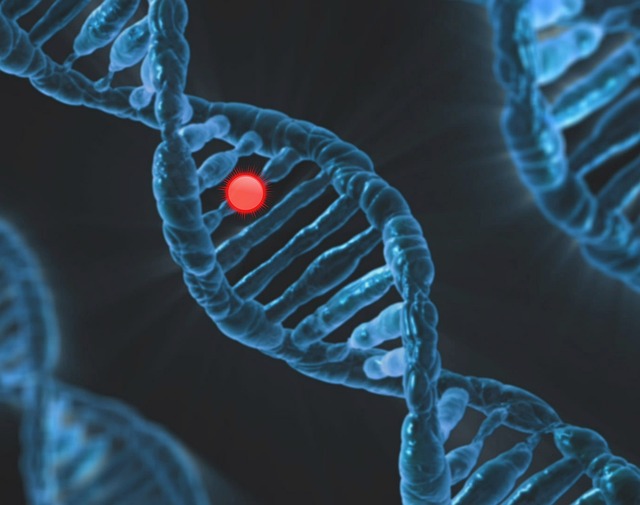This review delves into the profound implications of rare disease diagnoses, exploring their meaning beyond the medical terminology. It strives to provide a comprehensive understanding of what being diagnosed with a rare disease means for patients, their families, and the healthcare system.
"Life before Diagnosis: The Struggle for Answers – Is it a Misdiagnosed Common Ailment or a Rare Disease?"
Before receiving a diagnosis of a rare disease, patients often endure a long and arduous journey filled with uncertainty and frustration. Symptoms that do not fit neatly into common medical categories can lead to misdiagnoses or even dismissal by healthcare providers. The search for answers becomes a relentless pursuit, with individuals grappling with the ambiguity of whether their condition is a misdiagnosed common ailment or a rare disease. This ambiguity can significantly impact a patient's mental and emotional well-being, as they navigate a healthcare system that may not be equipped to recognize or properly diagnose their unique medical condition. The lack of awareness and understanding surrounding rare diseases can compound the challenges faced by individuals seeking a definitive explanation for their symptoms. In the absence of a clear diagnosis, patients may feel isolated, misunderstood, and powerless in their quest for appropriate treatment and support.

An image depicting a puzzled individual surrounded by medical reports and books, representing the struggle for diagnosis.
The Medical Complexity of Rare Diseases: How Does It Impact the Patient's Quality of Life?
Rare diseases often present a myriad of medical complexities that can profoundly impact a patient's quality of life. The unique nature of these conditions, characterized by their rarity and often poorly understood mechanisms, poses significant challenges in terms of diagnosis, treatment, and management. Patients with rare diseases may face a constant battle against debilitating symptoms, unpredictable disease progression, and a lack of effective therapies tailored to their specific needs. The absence of standardized protocols for managing rare diseases further exacerbates the complexity of care, requiring patients to navigate a fragmented healthcare landscape in search of specialized expertise and resources.
The impact of medical complexity on a patient's quality of life extends beyond the physical realm, encompassing psychological, social, and financial dimensions. The emotional toll of living with a rare disease, compounded by the uncertainty of prognosis and limited treatment options, can lead to feelings of isolation, anxiety, and depression. Social relationships may be strained as patients struggle to explain their condition to others who may not grasp the intricacies of rare diseases. Additionally, the financial burden of managing a rare disease, which may involve costly medications, frequent medical appointments, and specialized interventions, can place a significant strain on patients and their families.
למידע מורחב בנושא של rare diseases company וThe Meaning Behind the Diagnosis: Understanding What Rare Disease Means נא לבקר באתר truemedtx.com
"The Unseen Burden: Caregivers' Role and Challenges – Is it a Labor of Love or a Love Tested by Labour?"
Caring for a loved one with a rare disease places caregivers in a unique and often challenging position, requiring them to navigate a complex landscape of responsibilities, emotions, and uncertainties. The role of a caregiver is multifaceted, encompassing practical tasks, emotional support, and advocacy on behalf of the patient. Underneath the surface of their selfless dedication lies a profound burden that is not always visible to others, raising questions about the true nature of caregiving:
is it a labor of love or a love tested by labor?
- 1. Emotional Strain:
The Rollercoaster of Caregiving
The emotional toll of caring for someone with a rare disease can be overwhelming, as caregivers witness their loved one's struggles, setbacks, and moments of resilience. Feelings of helplessness, grief, guilt, and anxiety are common among caregivers, who may grapple with their own fears and uncertainties about the future. Balancing empathy and objectivity, maintaining boundaries, and finding ways to cope with stress are essential skills that caregivers must cultivate to preserve their emotional well-being. - 2. Practical Challenges:
Navigating the Healthcare System
Caregivers often find themselves at the forefront of managing their loved one's medical care, coordinating appointments, medications, and specialized treatments. Navigating the complexities of the healthcare system, advocating for the patient's needs, and communicating with healthcare providers require a significant investment of time, energy, and expertise. The logistical demands of caregiving, such as scheduling appointments, arranging transportation, and coordinating with multiple specialists, can be physically and mentally exhausting for caregivers.

A photo of a tired yet determined caregiver, symbolizing the unseen burden and challenges they face.
The Critical Role of Research in Rare Diseases: A Beacon of Hope or a Challenging Path to Navigate?
Research plays a pivotal role in advancing our understanding of rare diseases, offering a beacon of hope for patients and their families. However, the path of rare disease research is often fraught with challenges, ranging from limited funding and resources to the inherent complexities of studying rare conditions. Despite these obstacles, research serves as a driving force behind the development of innovative treatments, diagnostic tools, and therapeutic interventions that can improve the quality of life for individuals affected by rare diseases.
The collaborative nature of rare disease research, bringing together scientists, clinicians, patients, advocacy groups, and pharmaceutical companies, underscores the importance of multidisciplinary approaches to unraveling the mysteries of these conditions. By pooling expertise, sharing data, and fostering international collaborations, researchers can accelerate the pace of discovery and translation of scientific findings into tangible benefits for patients. Moreover, initiatives such as patient registries, biobanks, and clinical trials play a crucial role in facilitating research efforts and expanding our knowledge of rare diseases.
In conclusion, understanding the meaning behind a rare disease diagnosis is about recognizing the unique challenges it poses. From the struggle for diagnosis, through the complexity of treatment and the burden on caregivers, to the critical role of research, every facet contributes to the nuanced narrative of living with a rare disease.

